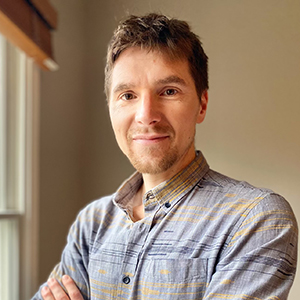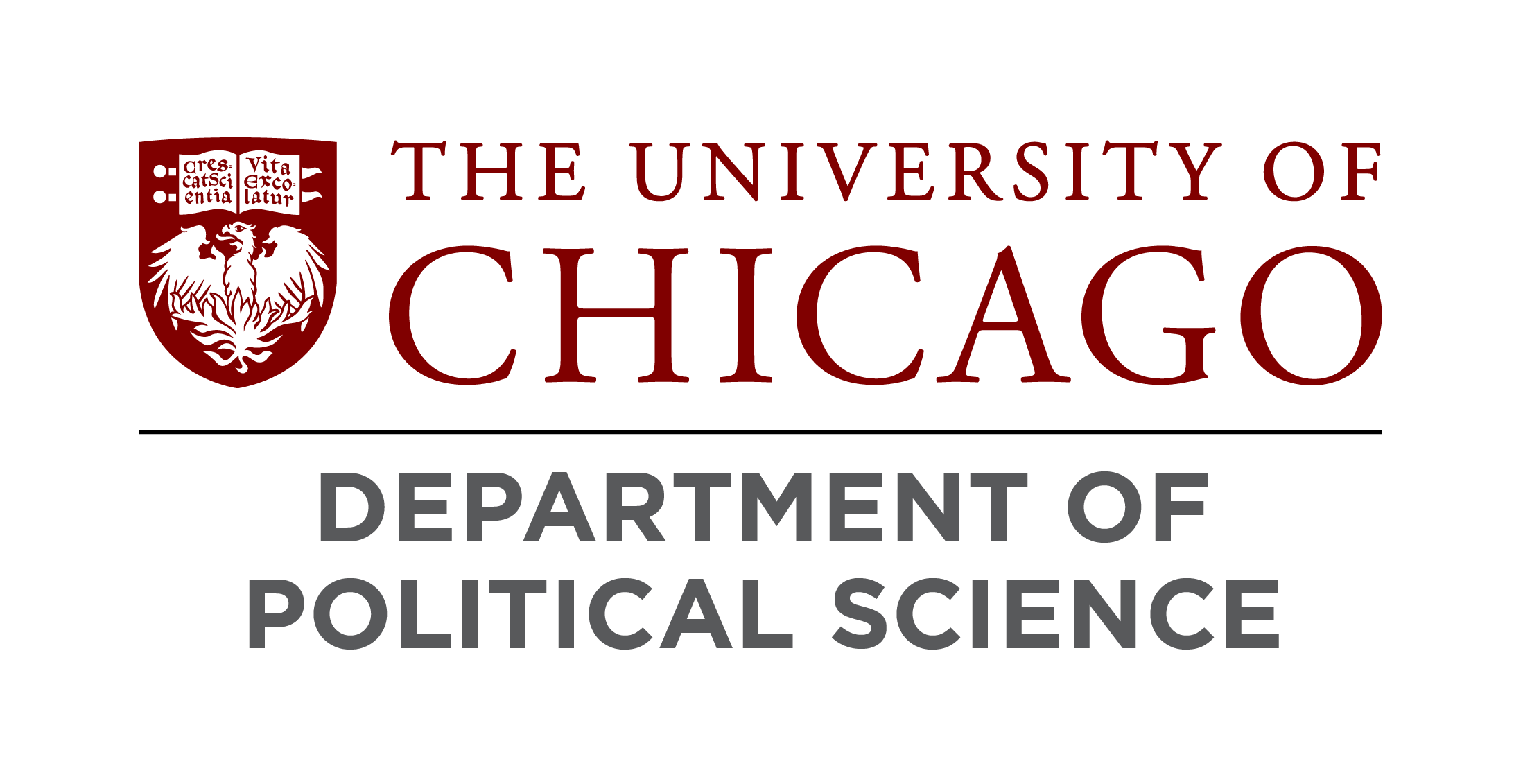
Michael Albertus is a professor in the Department of Political Science at the University of Chicago. His research examines democracy and dictatorship, inequality and redistribution, property rights, and civil conflict. He has authored five books and over thirty peer-reviewed articles. His most recent book, Land Power: Who Has It, Who Doesn't, and How That Determines the Fate of Societies, published by Basic Books in 2025, examines how land became power, how it shapes power, and how who holds that power determines the fundamental social problems that societies grapple with. Albertus' work has also been published in the American Political Science Review, American Journal of Political Science, Journal of Politics, World Politics, Journal of Conflict Resolution, Journal of Development Economics, Quarterly Journal of Political Science, Comparative Political Studies, and elsewhere.
Recent Research / Recent Publications
Land Power: Who Has It, Who Doesn't, and How That Determines the Fate of Societies. (Basic Books, 2025)
State-Building and Rebellion in the Run-Up to the French Revolution. American Political Science Review (2026)
When Redistribution Backfires Politically: Theory and Evidence from Land Reform in Portugal. Journal of Politics (2025)
Land and Politics. Annual Review of Political Science (2025)
Indigenous Community Recognition and Identity Formation: Evidence from Peru. Comparative Political Studies (2026)
 THE UNIVERSITY OF CHICAGO
THE UNIVERSITY OF CHICAGO

